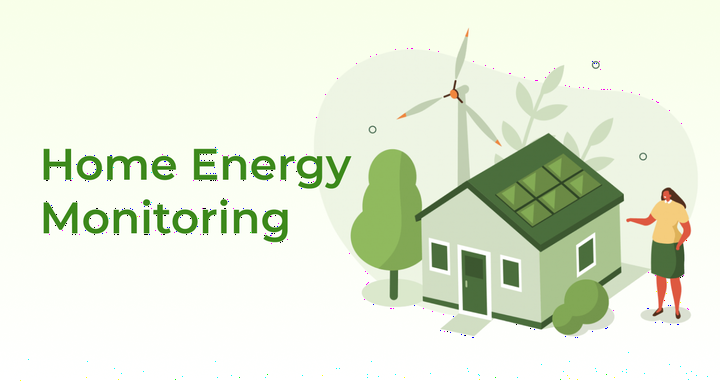Home Energy Monitoring, Visual Analytics and Collective-Action

This project extracts granular perceptual, behavioral and interaction data.
Graph Based Feedback for Collaborative Energy Consumption
Data-driven feedback and interactions with personal devices are changing the way we make decisions. They increasingly use visual interactive graphs (e.g. bar charts) that allow us to explore variability in our own behaviors and those of others. They aim to motivate behavioral change, for example through greater self-awareness and review of personal progress. However, today’s visual graphs often fail to facilitate the fundamental tasks of collective action, such as preserving the environment and saving energy. Yet, cooperation is needed to overcome problems of social loafing and our tendency to act selfishly. This project explores how visual data-driven graphs may lead to sustained cooperative behavior if they frame our choices from a group’s perspective. A graph’s content, its data and metrics, but also the way this content is visually presented may elicit cooperative behavior. The goal is to develop a visual graph theory that articulates how fundamental visual graph features lead to collective-oriented perceptions and actions through a unifying visual graph grammar. To do so, we conduct a series of controlled perceptual experiments using human computational methods and public good games, in which individuals interact with visual graphs. The goal is to move beyond design heuristics and furnish causal relationships between visual graph features and perceptions. This project will extract granular perceptual, behavioral and interaction data using new data collection techniques, empirical and experimental studies, and will create tangible artifacts.
Intellectual Merit and Broader Impact
- New human-centric visual graph grammar.
- New graph grammar encoded in actual software code, for the context of collective action.
- Causal relationships between visual graph feature on perceived unity and cooperative behavior.
- Using controlled experiments we overcome the limitation of design heuristics in guiding graph design.
- Results will contribute to fields of data visualization and Human Computer Interaction (HCI), but also to the work on collective action that still ignores the role of graph-based interaction using digital devices.
Investigators: Marlen Promann, Daniel Bustos, Enrique Aldana, Sabine Brunswicker
Keywords: Data visualization, visual grammar, sustainable HCI, collective action, perceptual studies, controlled behavioral experiments
Related Publications and News
[zotpress items=“89F6VH4B,R65UNHPT” style=“apa” cite=“yes”]
Related Data and Software
GitHub Repo “SmartEnergyGame” https://github.com/SmartEnergyGame
GitHub “SmartEnergyGame” demo page: https://smartenergygame.github.io/EnergyMonitorDemo/
Graph Design Explorations: https://xdanielsb.github.io/Energy/
Partners & Sponsorship
National Science Foundation (NSF): S&CC-IRG Preliminary Proposal Track 1: Socio-technical systems to enable smart and connected energy-aware residential communities
Purdue Discovery Park Research Award: Big Idea Challenge: Net-zero Affordable Housing
Purdue Polytechnic: Dean’s Award of Excellence, 2016: Digital Innovation in Home Energy Monitoring Collective Information Visualization for Collective Awareness